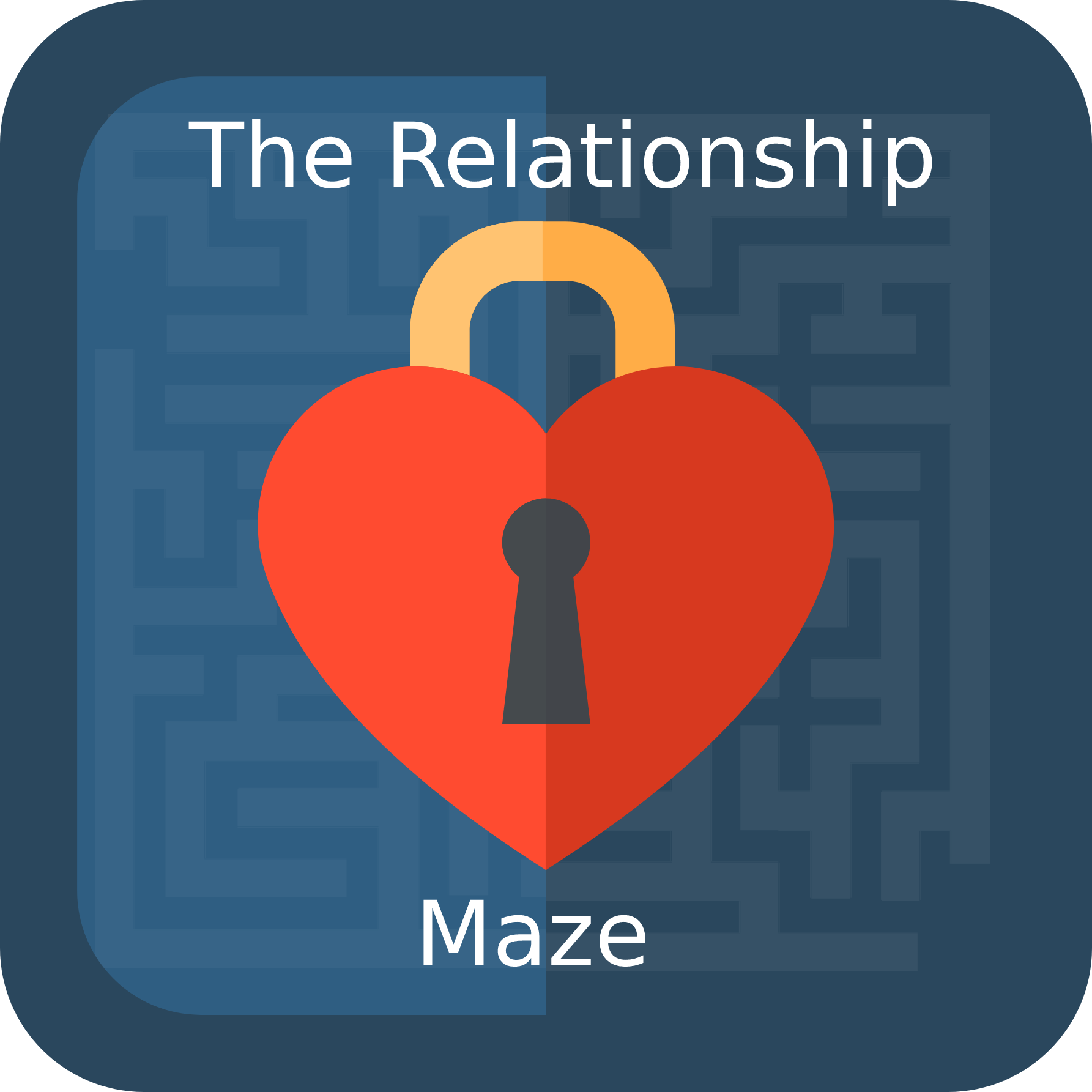Under pressure - managing stress through understanding your nervous system
June 20, 2021

In this episode we explore what happens to you when you are feeling stressed, how stress impacts on your life and what needs to be done to managing stress. When we are stressed our sympathetic autonomic nervous system gets activated. We go into fight or flight responses. Polyvagal Theory, developed by Stephen Porges, has expanded the understanding of the nervous system offering useful insights into the processing of situations that we experience as stressful. In addition to fight and flight responses Polyvagal Theory identifies a third type of nervous system response that Stephen Porges calls the social engagement system. This is the part that is relevant in particular to our capacity get on well with other people.
Stress or burnout are not medical terms- they describe a series of emotional and bodily experiences. We talk about positive (eustress) and negative (stress); stress that mobilises and motivates us and stress that is chronic and causes all sorts of questions in the long run.
Stress is a cluster of responses to feeling threatened. Understanding our autonomic nervous systems helps us in understanding what happens when we are feeling threatened. Polyvagal Theory talks about what happens in our nervous system when we are in a situation that we experience as threatening. The focus is on the vagus nerve - the largest cranial nerve that connects the brain stem with our gut. We discuss the three different states we can get into and how we process stress.
Chronic stress affects relationships. When we feel safe and in a good state of mind generally we are able to connect with other people; we can be empathic and ascribe good intentions to other people. When we are not feeling safe but either mobilising for fight or flight we are in an anxious, hyperactive frenzied state that takes up all of our energy. The third state we can be in is further down the ladder when we are getting into shutdown - we are playing dead. In this state we may feel hopeless, ashamed, stuck or immobilised. Frequently this state is described as 'burn out'.
Chronic stress often gets unnoticed - we may not even realise that we are constantly in a state of hyperactivity and mobilisation as we have become so used to it. The result are often a series of physical or emotional responses of dis stress.
Chronic stress needs to be recognised first and then regulated. Once it can be managed, for example through breathing exercises that tell your autonomous nervous system that you are safe, we can look at the underlying causes of stress. Reflection on the reasons for chronic stress can only help to regulate stress once we dealt with our bodies first.
We’ve all experienced stress. And most of us have experienced some sort of anxiety disorder.
But what if we could change our relationship with stress?
What if we could put these feelings into a different perspective?
That’s where polyvagal theory comes in.
It’s a relatively new theory in neuroscience that explains how the vagus nerve affects our stress responses.
It may be just the medicine we need to manage stress.
For a free guided meditation to help you manage stress, go to the link below:
https://mackaynlpsolutions.co.uk/sleep/
We are constantly adding more and more resources on our website The Relationship Maze - head over there now and find new ways to help you improve your relationships.
But what if we could change our relationship with stress?
What if we could put these feelings into a different perspective?
That’s where polyvagal theory comes in.
It’s a relatively new theory in neuroscience that explains how the vagus nerve affects our stress responses.
It may be just the medicine we need to manage stress.
For a free guided meditation to help you manage stress, go to the link below:
https://mackaynlpsolutions.co.uk/sleep/
We are constantly adding more and more resources on our website The Relationship Maze - head over there now and find new ways to help you improve your relationships.